Celebrated photographer Sebastião Salgado has died after more than 50 years of committed documentary work; here BJP draws on past interviews to give an insight into his approach
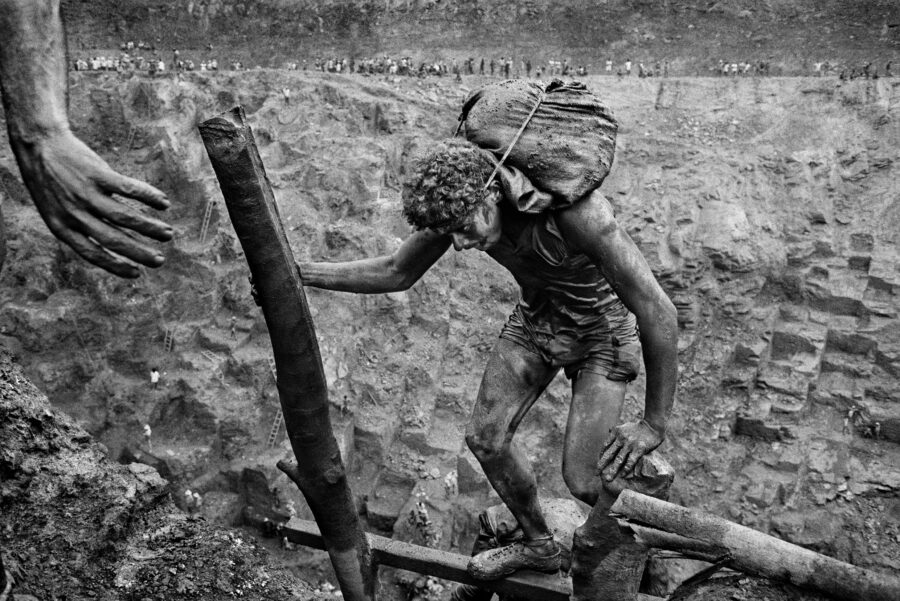

Celebrated photographer Sebastião Salgado has died after more than 50 years of committed documentary work; here BJP draws on past interviews to give an insight into his approach
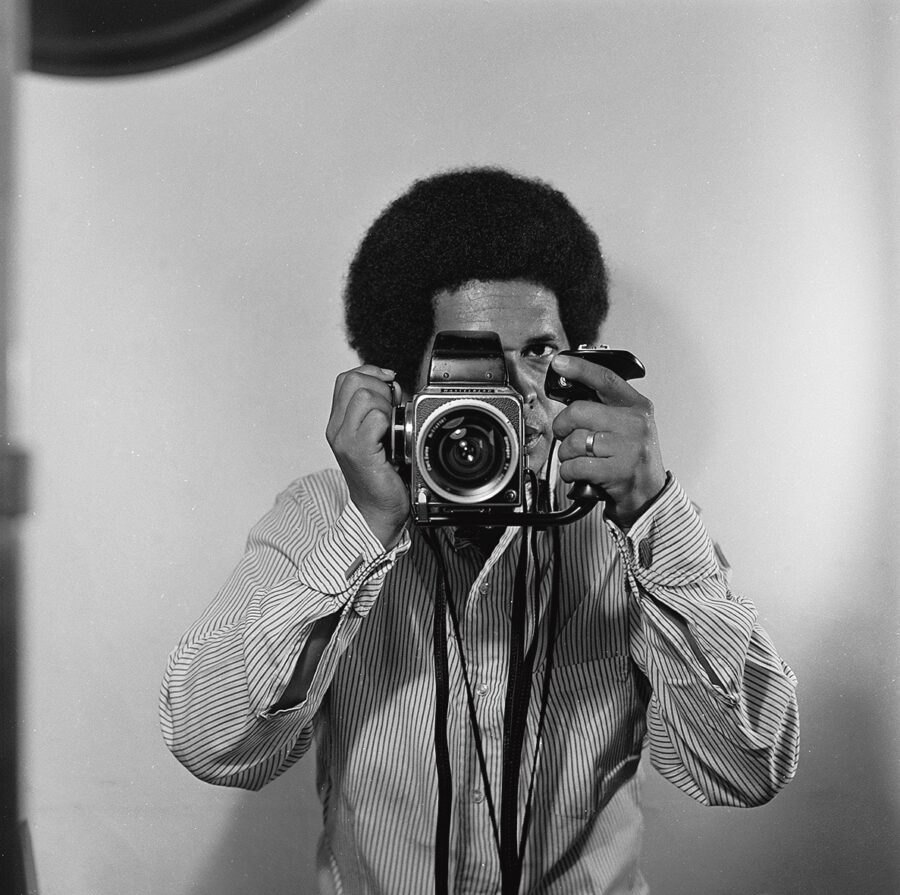

“[The magazine’s] intention is to shine a light on the plurality of stories that felt endangered under the violent rhetoric of Brazil’s conservative right,” says editor Mico Toledo
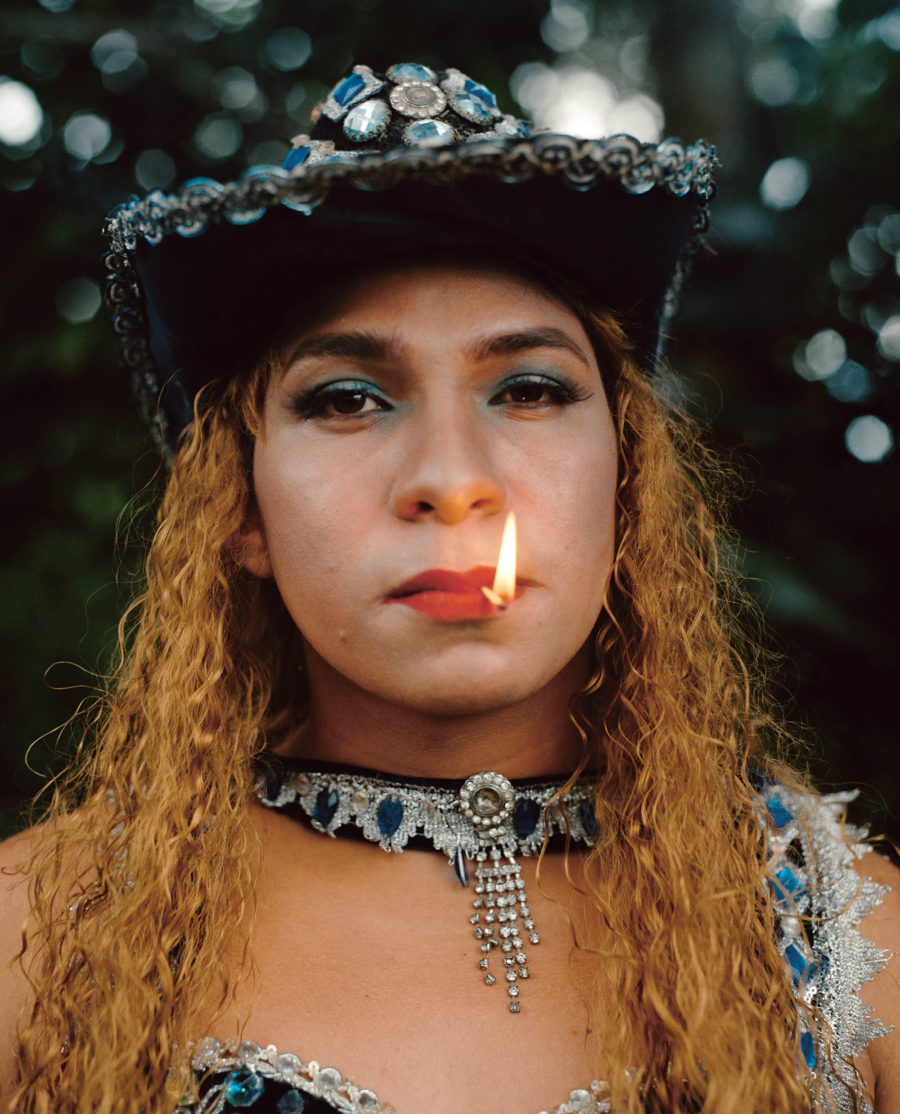
Lyons documents a complex region through the prospective eyes of youth, sensitively exploring the collision of indigenous tradition and modern identity politics
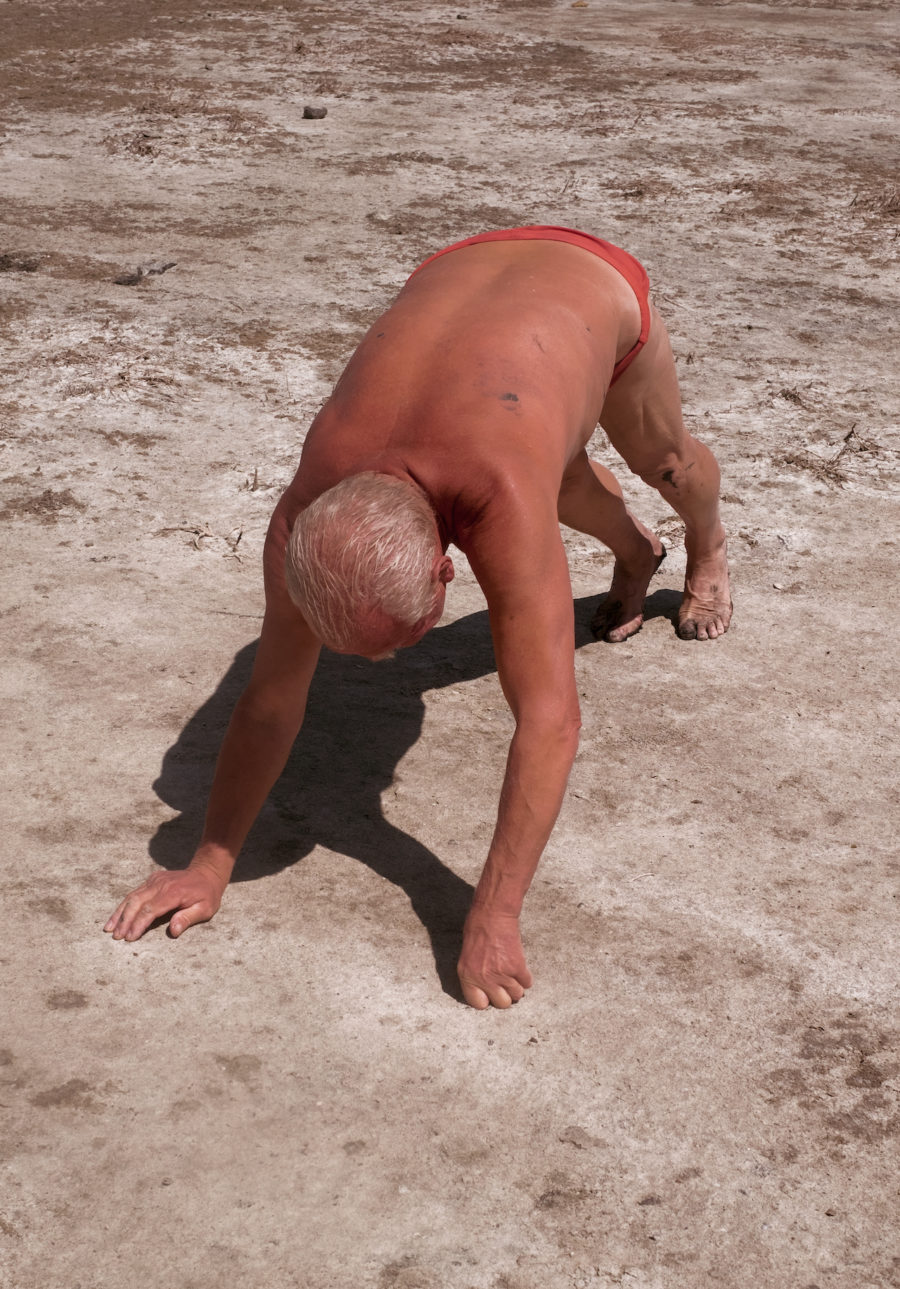
For the Ukraine-born, Brazil-based artist, photography provides a mechanism to confront past traumas
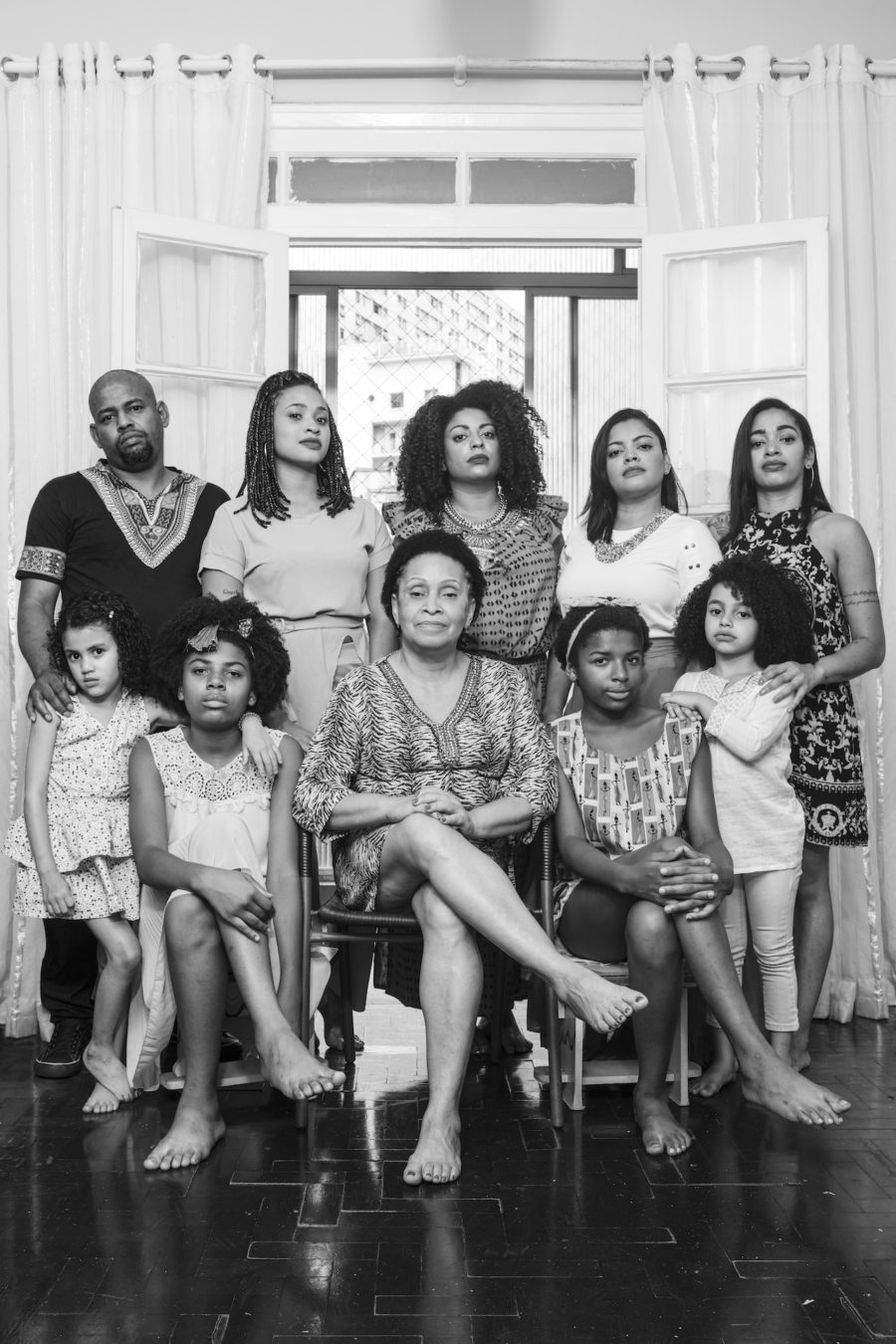
Nine photographs from Medeiros’ Guerrilheiras series – portraits of female activists captured in their personal environments – are currently on view at Nara Roesler gallery, New York
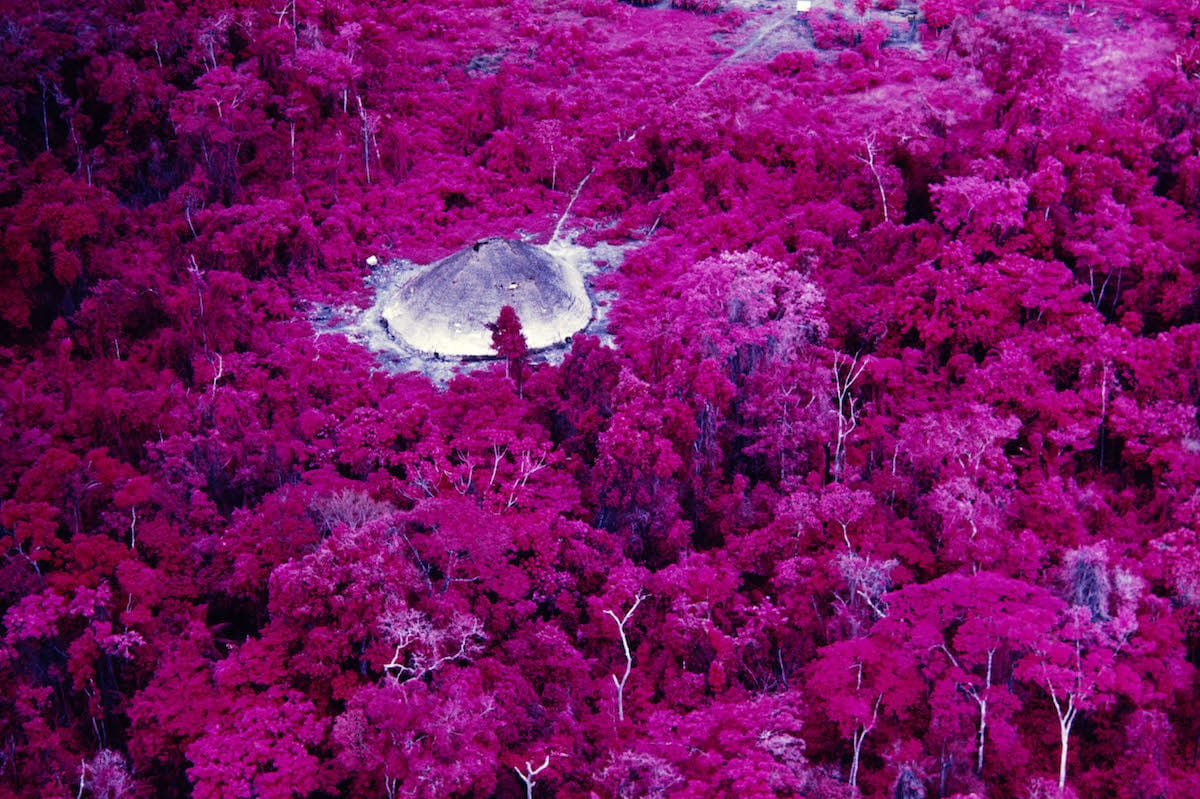
A monumental retrospective in Paris provides an urgent insight into the culture of one of Brazil’s largest indigenous groups and Andujar’s relationship to it
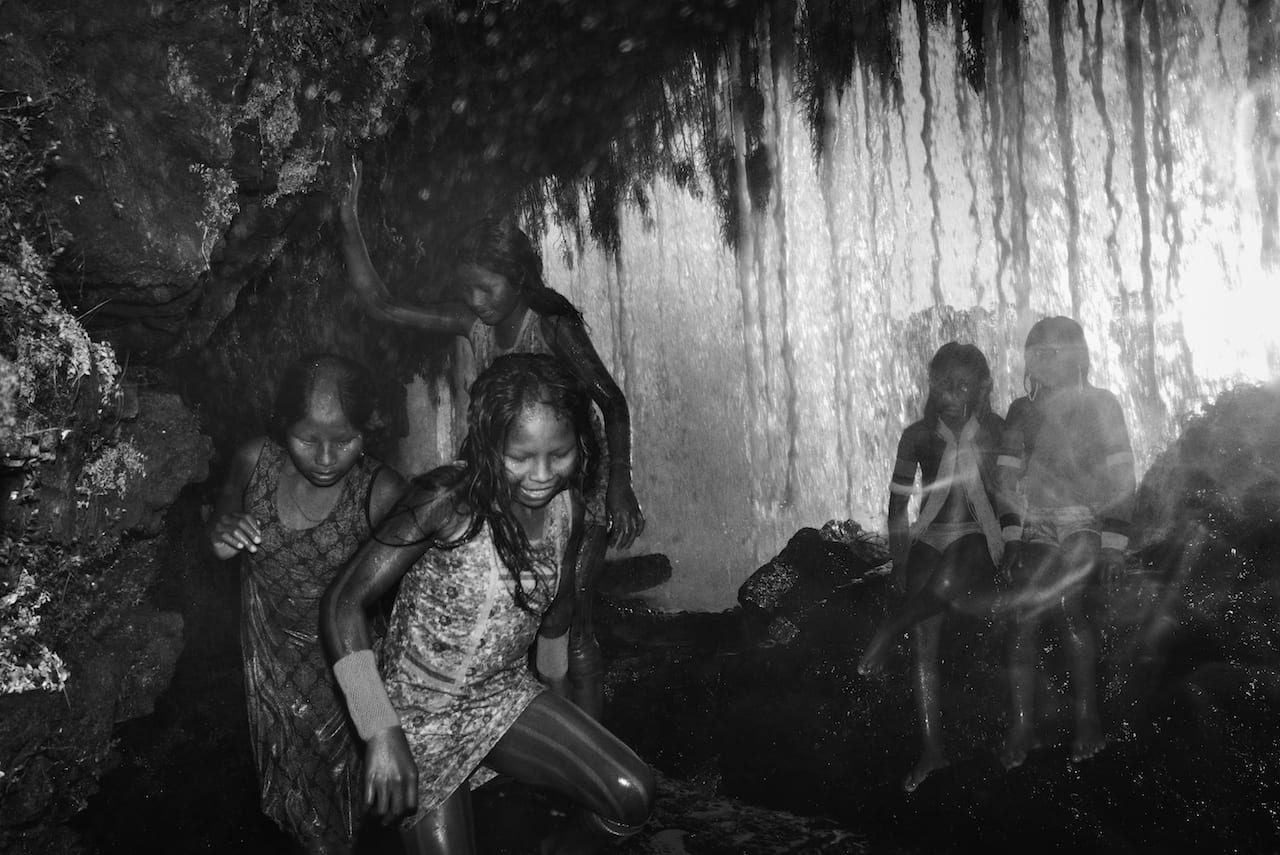
Addressing a range of issues that span deforestation, drug wars, and daily life, ‘Amazônia’ goes on show at Saatchi Gallery today

The Brazilian photographer celebrates the expression of those who live in constant fear of their lives, in a country where their very being is rejected.